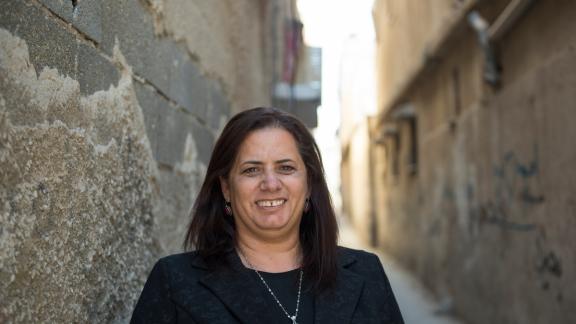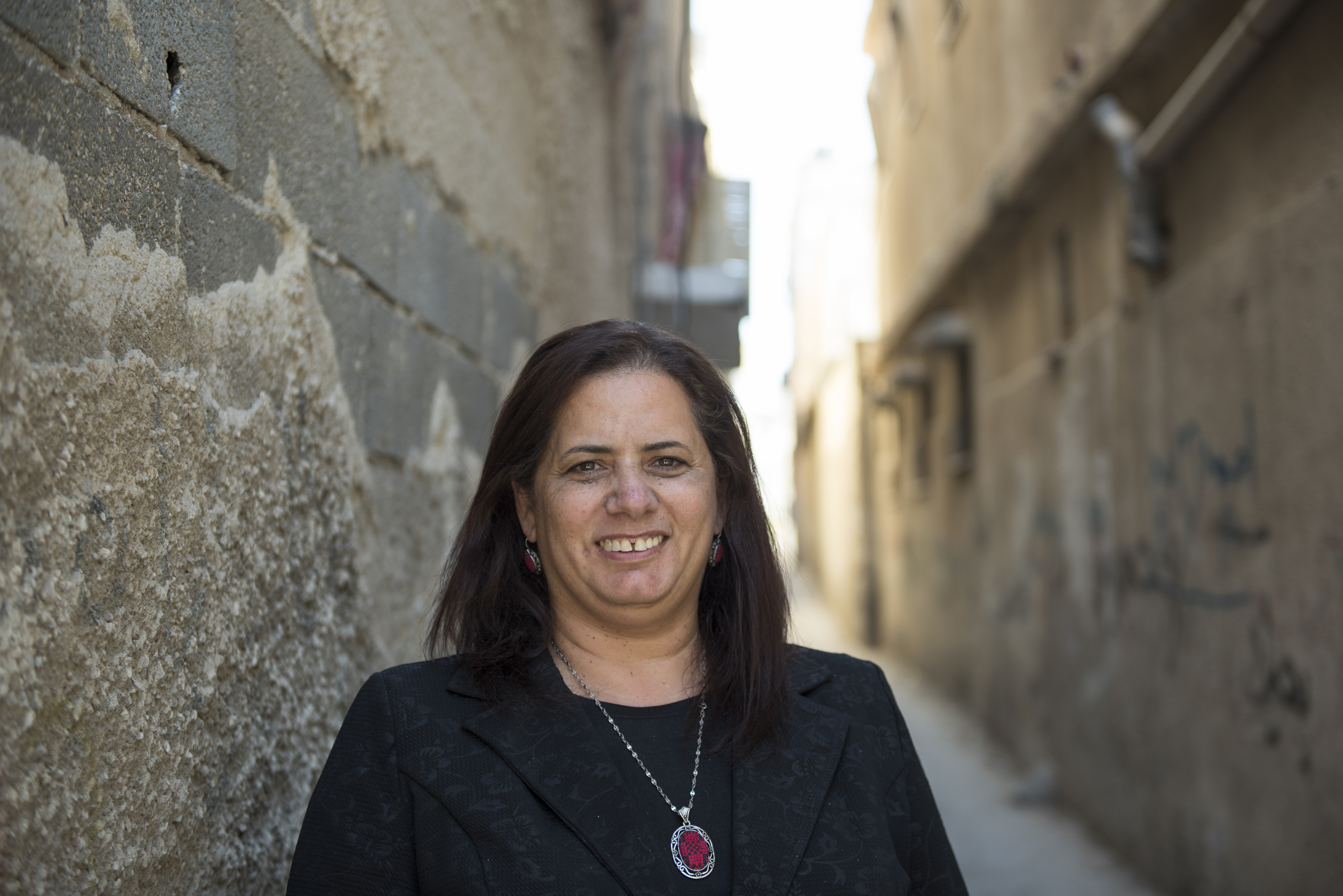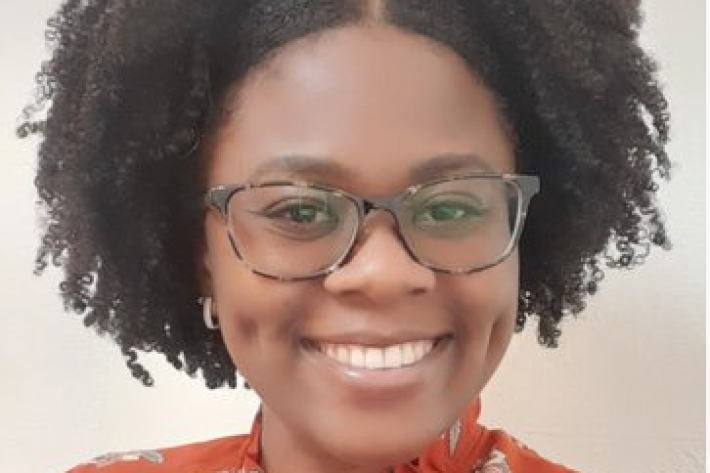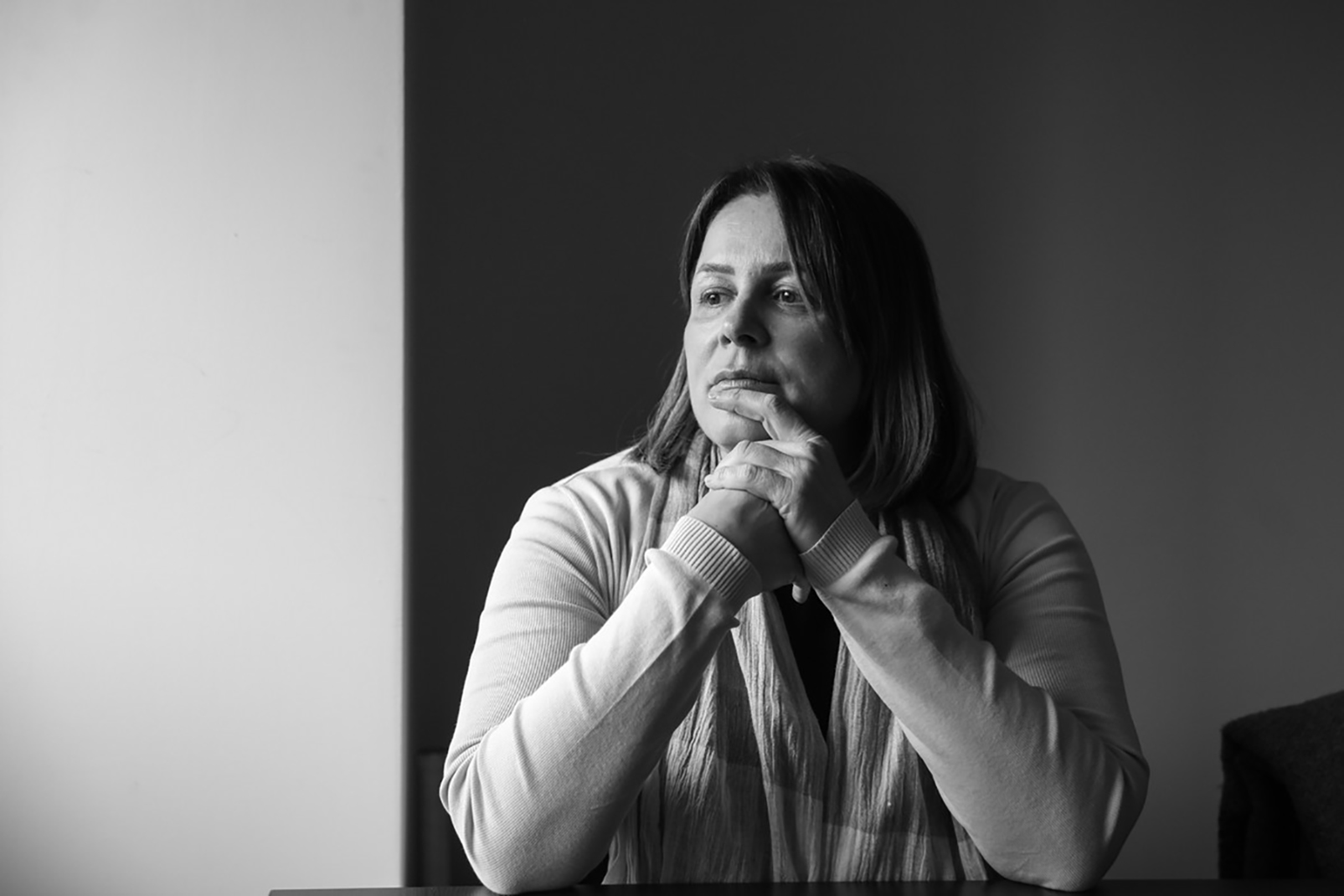Ammal Awadallah began her career as a finance and administrative director for the Palestine Family Planning and Protection Association (PFPPA), a position she held for 12 years. During that time her passion in women’s rights and sexual and reproductive healthcare continued to grow, and in 2019, she took on the role of PFPPA’s Executive Director. As part of our Women in Leadership series, IPPF spoke to Ammal about leading an organization through emergency responses, pushing for change, and empowering women.
Growing up in Palestine what was your experience of sexual and reproductive health and rights (SRHR), did you receive sex education?
Although I do not recall specifically, I think it would have to have been sometime in my early teens. Although that was quite a while back, I went to a Quakers school in Palestine, and I do recall a visit from a health worker to our classroom to explain to us about family planning methods and protected sex.
What led to your interest in sexual and reproductive health?
I was always a strong supporter of women’s rights; however, it was not until I began working with PFPPA that I actually became specifically aware and developed an in-depth interest in SRHR.
Noting that although I joined the PFPPA team as a Financial Director, it was clear from the start that my role would be more than just that. I was passionate of what we were working towards, and the more information I gained the more passionate I became, I felt that what I was working towards was reflecting what I truly believe in. I found a way to support a joint goal with colleagues, not only locally and nationally but also globally through the IPPF.
How would you describe your role as Executive Director (ED) of PFPPA?
Responsibility, leadership, management, supervising, delegating, following up, monitoring, evaluating, responsibility, transparency, accountability.
How did you incorporate all these leadership skills in the recent emergency response following the airstrikes in Gaza?
Being a leader, and as the ED, I think it was truly one of my main responsibilities to be accountable both to the community (the people in Gaza) and to the donor providing the money.
We got in contact with our service providers that were living in the zone - some of them had their homes effected during the attacks on Gaza - and we were asking them what the best and safest way is to deal with it and what is best for everyone. Together we agreed on the best approach to provide sexual and reproductive services. This was a joint venture; I know what’s happening in the field from the service providers, and that they are the real heroes and I have a huge responsibility to my team. We try to be as transparent and accountable as possible.
For us as an association, working since 1964, we have been providing services within a protracted humanitarian crisis setting for decades. This has made us stronger and increased our commitment to ensure continuity to provide essential services regardless of the difficulties we encounter.
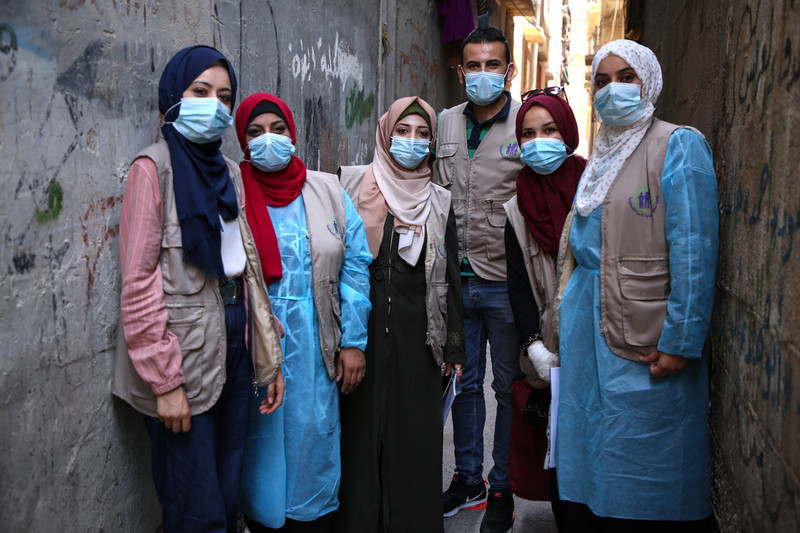
What challenges have you faced leading SRHR services in humanitarian emergencies during the COVID-19 pandemic?
Although they are numerous, the one that was extremely challenging was ensuring that our regular clients were being followed up, particularly those that were adopting methods such as condoms, pills or injections as family planning methods and feared that they would not be able to obtain these methods during the lockdowns and would result in unwanted pregnancies.
However, it was the prompt response and experience of the team in facing lockdowns imposed by the Occupational Forces in previous years that allowed them to come up with approaches to reach women in their homes directly, to lessen the chances of unwanted pregnancies occurring.
In addition, it was also a challenge to ensure that women could get in contact with our team to at least receive counselling and consultation. However, this was also quickly dealt with by utilizing social media channels to disseminate contact phone numbers of doctors, midwives, social workers, psychologists, and even lawyers. Furthermore, before a month of lockdowns passed, a free hotline was established, and a social worker was taking calls and also referring cases to the service providers mentioned earlier or to other partner associations for further assistance.
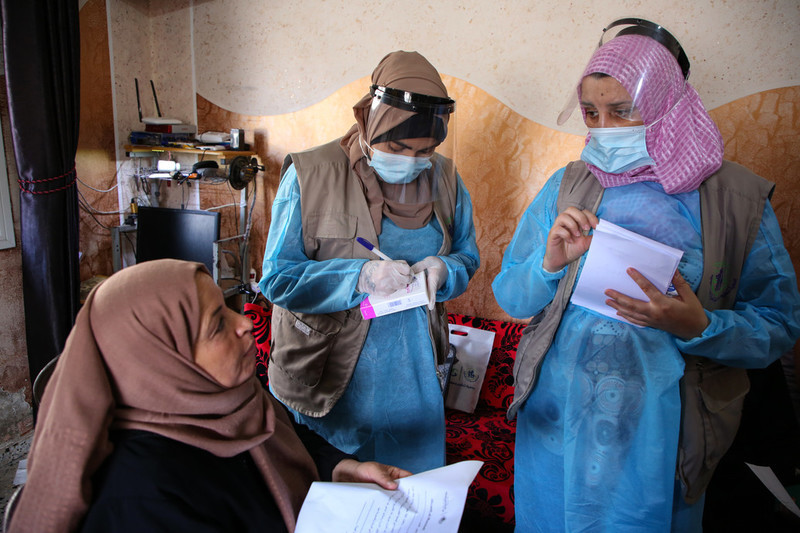
What changes have you seen in Palestine over the years when it comes to sexual health and rights?
Youth are becoming more encouraged and empowered in addressing SRHR issues. They are more outspoken, more aware and have the ability to be significant leaders and agents of change.
What areas are still taboo in Palestine, and how do you push for change?
Speaking about women's rights in general is still extremely challenging. The way we push for change is always based on respect for the opinion of others and our country context.
We try to address the topics from a scientific evidence-based approach, highlighting the positive experiences of other countries when change was made. We approach the general public in order to provide them with information and empowerment to make well informed decisions. At the same time, we work to advocate for change with decision makers.
Noting, as an Association, we are always respectful of others' opinions and work in alignment with out country's context and culture.
Can you see yourself doing anything other than what you are doing right now?
No, I don’t think so! I’ve never really thought about it. I believe in the work of NGOs, and I believe NGOSs do make an impact on the lives of people within the community. So, I feel like my work gives back. I’ve had a good life and so I feel like I should give back to my community that deserves it. So, I can’t think of ever working with anything that doesn’t involve giving back to my community to become a better place.
One of my favourite slogans for the IPPF particularly is our work being ‘globally connected and locally owned’ which I believe supports our Association to make a stronger and more effective difference towards SRHR.
What’s the best thing about your role?
I feel like my work with the PFPPA I can make a difference in improving and empowering specifically women and youth in their lives, not only having an impact on them directly but also on those around them.
Can you share an example of how you empower local women?
There are certain moments in my life when I feel like all the sleepless nights are worth it. It might not be every day, but I can tell you for example when I attend an event and women share their stories of their experiences of how through this training, they have learnt about family planning methods, and they now feel that they have the information they need to make decisions on their own.
When we have sessions for women for our survivors of sexual and gender-based violence, we continue to support with life skills training, and at times we give them small grants to begin projects and they say that with the money they are making, they are more independent and are able to have an impact on decisions made within their families, such as being they now have control of this money and are able to support their children. These are times when I say this whole year was worth it!
How do you like to spend your free time?
I laughed when I saw the words “free time”. However, all joking aside… I like to spend time with my family, I enjoy cooking and baking, and in the winter, I often like to knit (although it’s been a few years since I have had time too).
Finally, if there’s one thing in the world that you have the power to change what would that be?
For Palestinians to live in Palestine freely, independently, and with respect and dignity.
when
country
Palestine
region
Arab World
Related Member Association
Palestinian Family Planning and Protection Association (PFPPA)







